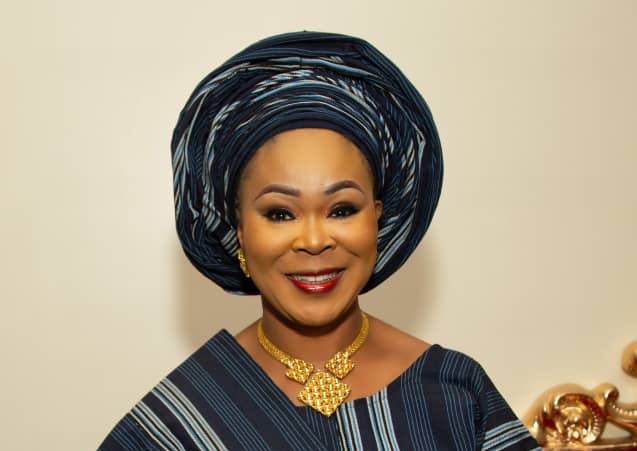Barrister Uju Kennedy-Ohanenye and her new vision for Nigerian woman
Barrister Uju Kennedy-Ohanenye, the new Federal Minister of Women Affairs has a new vision for women’s economic empowerment (WEE). The new vision signals both continuity and departure from previous strategies and brings together gender-based violence (GBV) and WEE in an integrated model. Since being sworn in on August 21, Barrister Uju has been clarifying her […]

Barrister Uju Kennedy-Ohanenye, the new Federal Minister of Women Affairs has a new vision for women’s economic empowerment (WEE). The new vision signals both continuity and departure from previous strategies and brings together gender-based violence (GBV) and WEE in an integrated model.
Since being sworn in on August 21, Barrister Uju has been clarifying her new paradigm in a series of strategic public events.
The minister’s presentation of the communique at the end of 23rd National Council on Women Affairs in Calabar, on 22 August 2023 was the first opportunity to voice her vision. This was soon followed up when she addressed the Attorney General, the IGP, UN-Women, UNICEF, African Lawyers Association.
From her statements, Barrister Kennedy-Ohanenye’s first premise seems to be the goal of ending GBV through both GBV response and GBV prevention strategies. Her idea seems to be a GBV response through the criminal justice system spearheaded by innovative GBV mobile courts. With regard to GBV Prevention – she envisages a two-prong strategy. One is to engage new advocates of traditional and religious leaders who, she argues, are best placed to reach neglected rural communities with messages of the harm caused by cultural practices such as female genital cutting. The second leg of the GBV prevention strategy is women’s economic empowerment. The minister seeks for equipment, machinery, finances and capacity building to equip economically active women, enabling them to generate sustainable income to uplift and protect women, children and households.
Barrister Festus Okoye The Whistler by John Grisham
Bayelsa gov’ship: No crack in our camp – APC
The minister’s thinking tallies with that in development circles led by the UN-WOMEN, UNFPA, World Bank, Measure Evaluation and the International Centre for Research on Women (ICRW).
By linking GBV and WEE, the new minister has set the bar rather high. The minister may well have a challenge measuring, monitoring and mobilising to achieve both GBV and WEE objectives and to also track and trace how successes in one area impacts on the other.
The good news for the minister is that she is taking over the reins of leadership at a conjuncture where the Nigeria for Women Scale-up program with backing from the World Bank offers financial, technical and conceptual tools to support the ministry on its new journey to address GBV and WEE in an interrelated and perhaps integrated manner.
The minister can also tap into technical expertise for inclusive WEE policy implementation of the Albright Stonebridge Group (AGS), which led on the design of the WEE policy with support from the Bill and Melinda Gates Foundation. But perhaps the lowest hanging fruit that the minister can immediately tap into is the multi-stakeholder HiLAC whose GBV and WEE sub-committees can be put to work to support the minister’s vision. Finally, the 2022 National Monitoring and Evaluation Policy provides a golden opportunity for the Federal Ministry of Women Affairs to blaze the trail by generating evidence and providing proof of concept of how inclusive WEE program design can push back, reduce and nullify GBV.
Judith-Ann Walker (PhD) is the Executive Director of the development Research and Projects Centre
